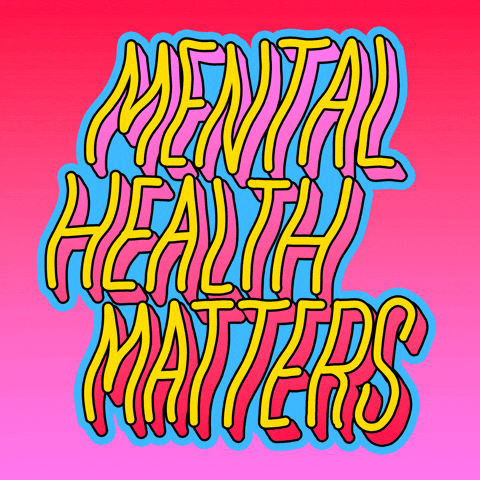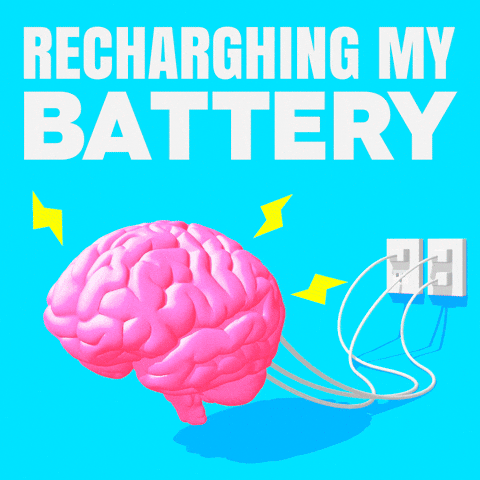🧠 Why Mental Health Matters in College (Online or In Person)
College—whether online or in person—can be a deeply fulfilling experience. It’s a major commitment to your future, whether you're preparing for a career or focusing on personal growth. But sometimes, the pressure starts to outweigh the excitement and fulfillment.
That’s when mental health becomes essential. Managing stressors in college is key to thriving both inside and outside the classroom. I wrote this post because I care deeply about mental health in people, especially college students. This post explores mental health tips for college students navigating challenges in academic life and beyond.
Common Stressors College Students Face
College life comes with a unique set of challenges. Recognizing these stressors is the first step toward managing them:
Academic Responsibilities
Staying on top of exams, assignments, and deadlines can be overwhelming. The pressure to perform well and maintain focus often leads to academic stress.Social and Work Responsibilities
Many students balance jobs, extracurriculars, and family obligations. These responsibilities—on top of coursework—can stretch your time and energy thin.Life Changes
Life doesn’t stop during college. Financial stress, civic events, and personal challenges can all affect your mental well-being, regardless of whether you're in an online or in-person program.
Why Mental Health Should Be a Priority in College
Mental health isn’t just about feeling okay—it’s about building a foundation for long-term success. When you don’t address stress, it can lead to burnout, anxiety, and even academic setbacks.
Taking care of your mental health helps you:
Stay focused and productive in your studies
Build resilience during life transitions
Maintain healthy relationships and boundaries
Grow personally and professionally
Being proactive about mental health—rather than reactive—is key to navigating the ups and downs of college life.
Mental Health Tips for College Students
Here are some practical ways to support your mental health while in college:
Create a de-stress plan
What helps you reset? Whether it’s a walk, journaling after a tough exam, or listening to music, having go-to strategies can make a big difference.Build a support system
Identify people you trust—friends, mentors, professors, or family. Knowing who you can talk to when things get tough helps you feel less alone.Use your college’s resources
Most online and in-person programs offer wellness services. These may include free therapy, mental health workshops, or peer support groups. Don’t hesitate to explore what’s available.Set realistic expectations
You don’t have to do everything perfectly. Give yourself grace and recognize that growth takes time.
Prioritizing mental health in college isn’t optional—it’s essential. By acknowledging your stressors and taking intentional steps to care for your well-being, you’re creating space for academic success, personal growth, and a more balanced college experience.



